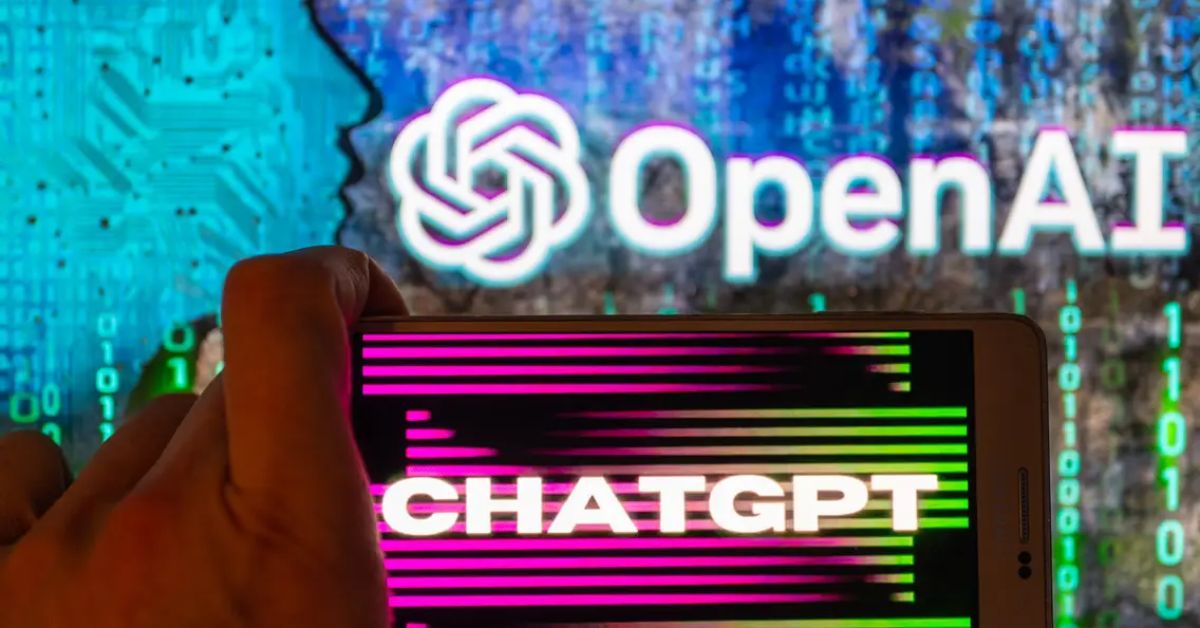The New York Times says that when OpenAI’s AI chatbot ChatGPT was released recently, it caused alarm at Google. The NYTimes says that Google plans to “demonstrate a version of its search engine with chatbot features this year” and show off more than 20 projects that use artificial intelligence.
As recently as December, we heard that Google executives were worried that moving too quickly to roll out AI technology could hurt the company’s reputation, even though they had spent a lot of money on it. Things are changing fast, though. Google said this morning that it would let go of more than 12,000 employees and put its main focus on artificial intelligence (AI).
There’s no specific date given for when Google’s AI search demo will be released, but other projects from the slide presentation seen by the Times seem to be set to debut at the company’s annual I/O event in May. This is where features like Duplex and Google Glass were first shown off.

The situation is so bad that the Times also reports that Google founders Larry Page and Sergey Brin, who are still the controlling shareholders of Google’s parent company Alphabet, have “given advice” to company leaders, approved plans, and pitched ideas while meeting with executives to talk about ChatGPT last month. It says that Google/Alphabet CEO Sundar Pichai invited them to do this level of reengagement after they left their daily jobs in 2019.
In the chatbot search demo, Google says it will focus on “getting the facts right, making sure people are safe, and getting rid of misinformation.” By doing this, Google hopes to solve the problem of AI confidently and clearly answering questions with bad information. It is also working on ways to speed up the review processes that are meant to make sure that the technology is working in a fair and honest way.
Latest Updates by Google in January Month
In the report, which was given by a group of executives, including Jeff Dean, who runs the company’s research and AI department, they talk about new products like an image generation studio that “creates and edits images,” an app for testing product prototypes, and a set of tools called MakerSuite that other companies can use to make AI prototypes right in their browsers. The company is also working on PaLM-Coder 2, similar to Microsoft’s GitHub Copilot software, and Colab + Android Studio, which helps build smartphone apps.
Google has been more cautious about AI than some of its competitors in recent years.
Google has been careful about implementing new AI products in the past few years. After firing Timnit Gebru and Margaret Mitchell, two of the best researchers in the field, the company became the focus of a debate about the ethics of artificial intelligence. The two talked about the problems with AI language models, like how they tend to amplify biases in their training data and give false information as if it were true.
Google’s artificial intelligence research is considered as advanced as other big tech companies but has only tested software with very strict limits. For example, the AI Test Kitchen app lets you use tools like OpenAI’s DALL-E and ChatGPT to make images and text. But Google puts a lot of limits on what users can ask these systems to do. The company has already shown off some of its own chat-based AI products, such as a system similar to ChatGPT shown in a private demo in 2021.
But with the release of OpenAI’s ChatGPT and alarmist predictions about Google’s death, it looks like the company is changing its strategy. Google has said in the past that it hasn’t put out certain AI products because they could hurt its “reputation.” Now, it seems like the last thing it wants is a reputation for being out of date.
Check our Tech section for more related updates.